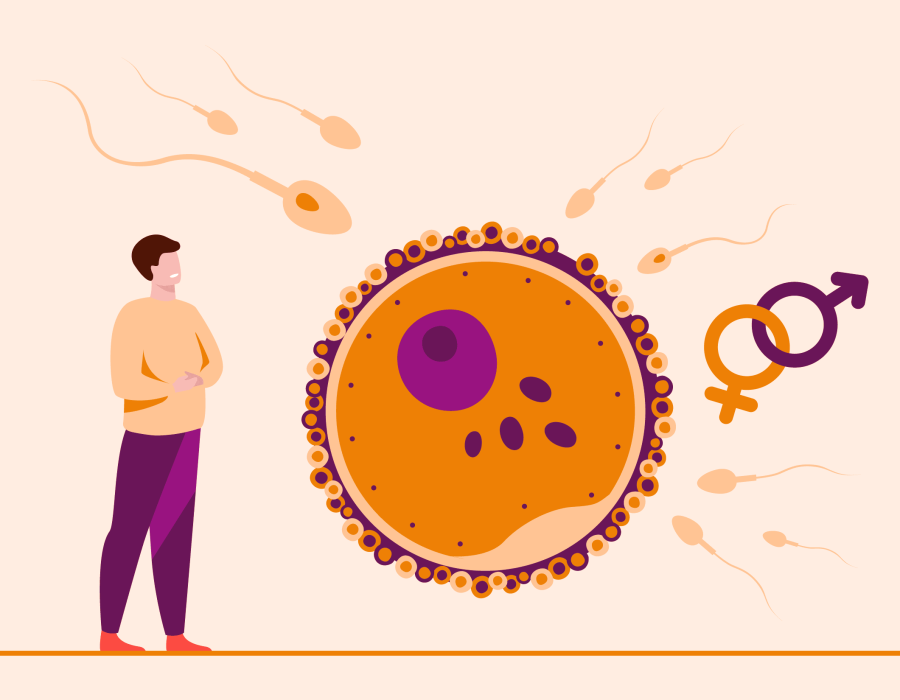How can infections impact male fertility?

Male fertility is a complex interplay of various physiological factors, and infections can significantly disrupt this balance. Understanding how infections impact male fertility is essential for early diagnosis and treatment, helping preserve fertility and overall reproductive health.
- Sexually Transmitted Infections (STIs): Chlamydia, gonorrhea, and syphilis can cause inflammation and damage to reproductive organs, affecting sperm quality and transport.
- Urinary Tract Infections (UTIs): Recurrent UTIs can spread to the reproductive system, leading to conditions like epididymitis, which impacts sperm storage and movement.
- Prostatitis: Infections of the prostate gland can interfere with semen production and ejaculation, reducing fertility.
- Mumps Orchitis: Mumps infection in adulthood can cause orchitis, inflammation of the testicles, leading to decreased sperm production.
- Inflammation and Scarring: Infections can cause inflammation and scarring in the reproductive tract, resulting in blockages that obstruct sperm transport.
- Reduced Sperm Production: Direct damage to testicular tissue from infections can lower sperm count and quality.
- Immune Response: Chronic infections can trigger an immune response that targets sperm cells, reducing their viability and motility.
- Hormonal Imbalances: Infections affecting the prostate or testicles can disrupt the hormonal balance necessary for healthy sperm production.
- Symptoms: Men may experience genital pain, swelling, unusual discharge, painful urination or ejaculation, and fever.
- Treatment and Prevention: Effective treatments include antibiotics, anti-inflammatory medications, and sometimes surgery.
Created by: ISHWA IVF CENTRE
Recommended




.png)

Comments